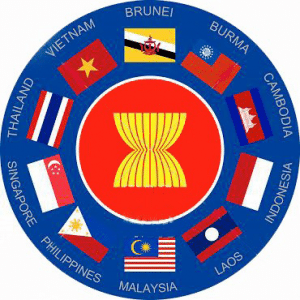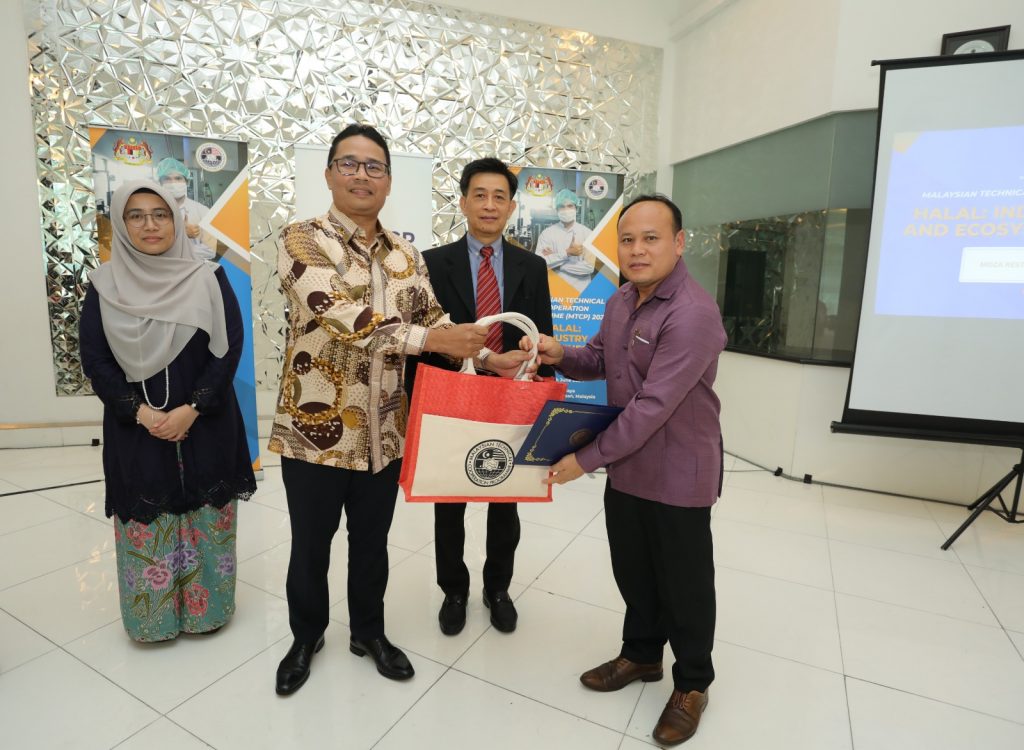By Joy Lee – The Star
The growing halal industry could provide an opportunity for Asean countries to strengthen regional

trade, said Malaysia External Trade and Development Corp (Matrade) chief executive officer Datuk Dzulkifli Mahmud.
“We should work together regionally to produce more products,” he said in an interview at the recently concluded Malaysia International Halal Showcase (Mihas).
Mihas is one of the three key pillars of World Halal Week 2016.
With growing demand for halal products, Dzulkifli explained that there was also a need for more halal-certified materials, which would encourage the growth of diverse suppliers in the region, boosting trade and job opportunities along the way.
He added that the availability of the AEC platform would make it easier for regional halal trade to happen.
However, there needs to be common standards for halal products and services within Asean to support the growth of the industry here.
Having regional halal guidelines could help Asean SMEs be better prepared for export.
Events such as Mihas also make good platforms for SMEs to export their halal products and services.
This year’s event saw the participation of 531 companies from 29 countries including food producers and service providers.
About 40% of the booths at Mihas 2-16 were taken up by foreign companies.
“We are proud to receive foreign delegations to this premier halal trade platform despite the challenging economic condition.
“We hope to see more participation from Asean countries in the future. We also want to see more innovative products,” Dzulkifli said.
Mihas 2016 raked in RM1.14bil in total sales, a 4% increase from last year’s RM1.1bil.
The sales were generated from the event’s two main components – the International Sourcing Programme (INSP) and the four-day trade show.
Pre-arranged business-matching session under INSP, which involved 391 foreign buyers from 40 countries and over 600 Malaysian-registered companies, registered RM480mil in sales.
The food and beverage sector recorded the highest sales at INSP with RM365.12mil, representing 76.3% of total sales while the non-food product sector comprising healthcare, pharmaceuticals and cosmetics posted RM108.99mil sales (22.8%), said Matrade.
The trade show, held from March 30 to April 2, saw the highest sales from the beverages cluster at RM132.24mil, representing 21.5%, followed by processed and ready-to-eat products (RM82.91mil) and herbal and healthcare products (RM75.52mil).
Exhibitors from Malaysia generated RM552.75mil sales followed by those from Indonesia (RM30.34mil), Taiwan (RM26.68mil), Thailand (RM24.10mil) and China (RM14.14mil).
Since its debut in 2004, Mihas has congregated a collective total of 200,000 visitors from 70 countries and has generated more than US$3bil (RM12bil) in sales.
Last year, Malaysia’s halal export was valued at RM39bil against RM35bil in 2014. Currently, the top export markets for halal products are China, Singapore, United States, Indonesia, Japan and Thailand.
Other countries are also increasingly pushing for halal products, but Dzulkifli noted that there was room for different countries to play complementary roles in the industry.
Malaysia, for example, is focusing on Islamic banking and finance, he said.
Dzulkifli also hopes to push more halal services such as halal logistics and transportation, pharmaceuticals, cosmetics and the tourism industry.
“There is a lot of potential there,” he concluded.


